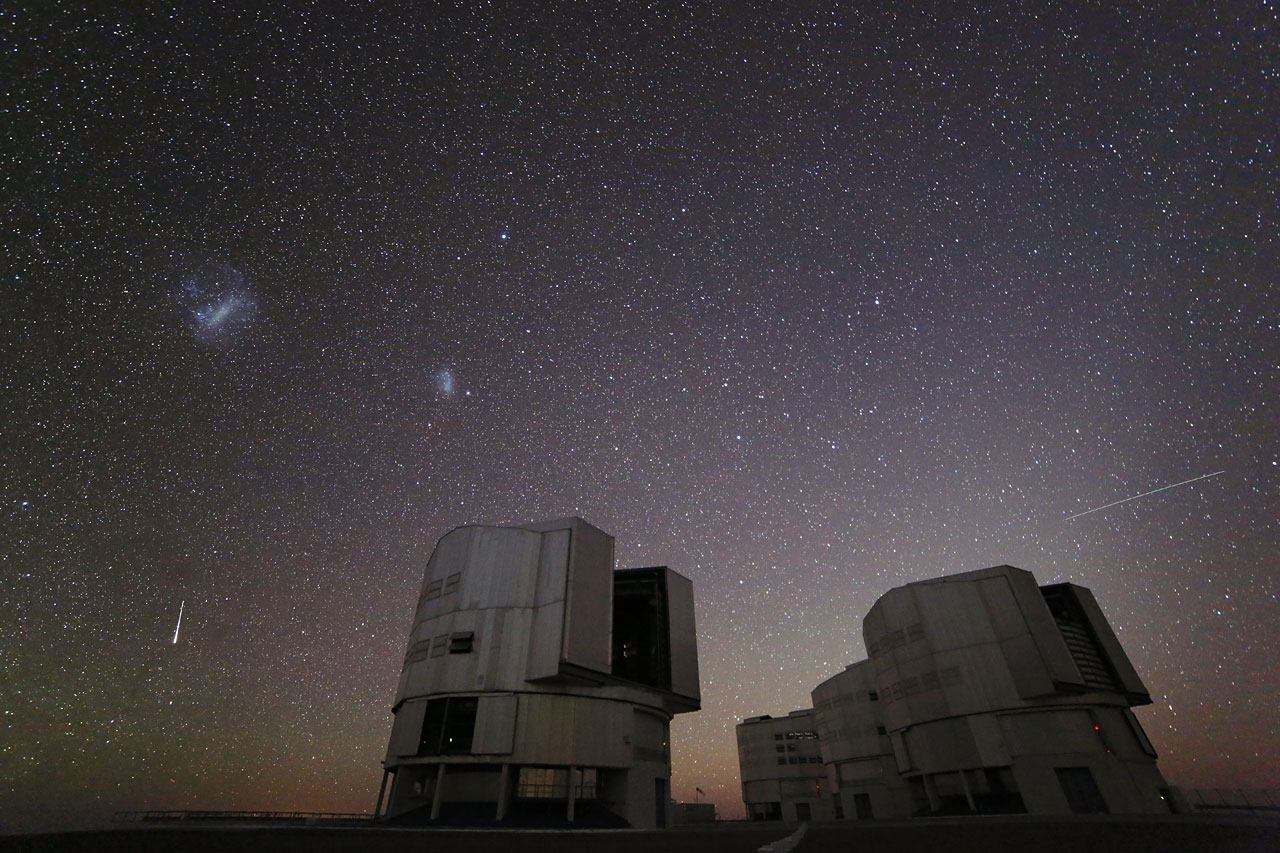
CATA joined the science fair organized at the Central House of the Universidad de Chile
The activity took place within the framework of the Science Festival, which is organized every year by the Ministry of Science in conjunction with ANID.
The Center for Astrophysics and Related Technologies (CATA) had an outstanding participation in the “Discovering Knowledge Fair”, organized by the Vice-Rectory for Research and Development of the University of Chile, which took place on Saturday, October 5, at the Central House of this university institution.
This activity was part of the annual Science Festival, organized by the Ministry of Science, Technology, Knowledge and Innovation, in conjunction with the National Agency for Research and Development (ANID).
At the event, research, discoveries, collections and advances in different areas of knowledge were presented through interactive experiences, didactic talks and exhibitions.
“It is essential to promote activities of this type so that the general public is able to see, understand, put in context and give value to the knowledge that is generated today in Chile and that, directly or indirectly, helps to improve the quality of life of all people. In this Festival of Knowledge of the University of Chile, which is part of our festival, we can see how different research centers are generating valuable, robust knowledge that has an impact on different dimensions of our humanity and our society. You can see that little light that happens when you discover something interesting, something that can amaze you, something that can even change your life”, he commented Carolina Gainza, Undersecretary of Science.
CATA participated with a stand, where astronomers Catalina Casanueva and Jaime Castillo, graduate students associated with CATA, explained to visitors, especially topics related to the Moon, such as its evolution, composition and origin of its craters, along with providing information about the different areas of study that the Center has.
“We are privileged by the skies we have and we know how relevant it is for the development of astronomical research. As a Ministry, in 2023, we will issue a decree together with the Ministry of the Environment for the protection of the night skies for astronomical research. In addition, thanks to the work of astronomers and astronomers for decades, we have positioned ourselves as the most important country, perhaps in the world, to develop astronomy. That is why I call on young people who have an interest in these subjects not to set limits for themselves and that the country really needs them”, added Carolina Gainza, Undersecretary of Science.
Christian González-Billault, Vice Rector for Research and Development of the Universidad de Chile, thanked the participation of entities, such as CATA, that joined the call for this “Discovering Knowledge Fair”.
“I think this is the best way to encourage new people to become interested in participating in science, in becoming researchers and researchers and, therefore, there is an intrinsic value there. The centers of excellence in our university are tremendously relevant, because they are large-scale, collaborative projects that have become a driving force in the advancement of knowledge. There is no doubt that the professionalization of science that has occurred in the last 20 years goes hand in hand with the work done by the centers of excellence, such as CATA, and we are very happy that they are here”, said the university authority.
Recent news
-
 Publicado el: 30/01/2026Looking ahead to the next five years: Galaxies Area meets to share progress and strengthen research
Publicado el: 30/01/2026Looking ahead to the next five years: Galaxies Area meets to share progress and strengthen research -
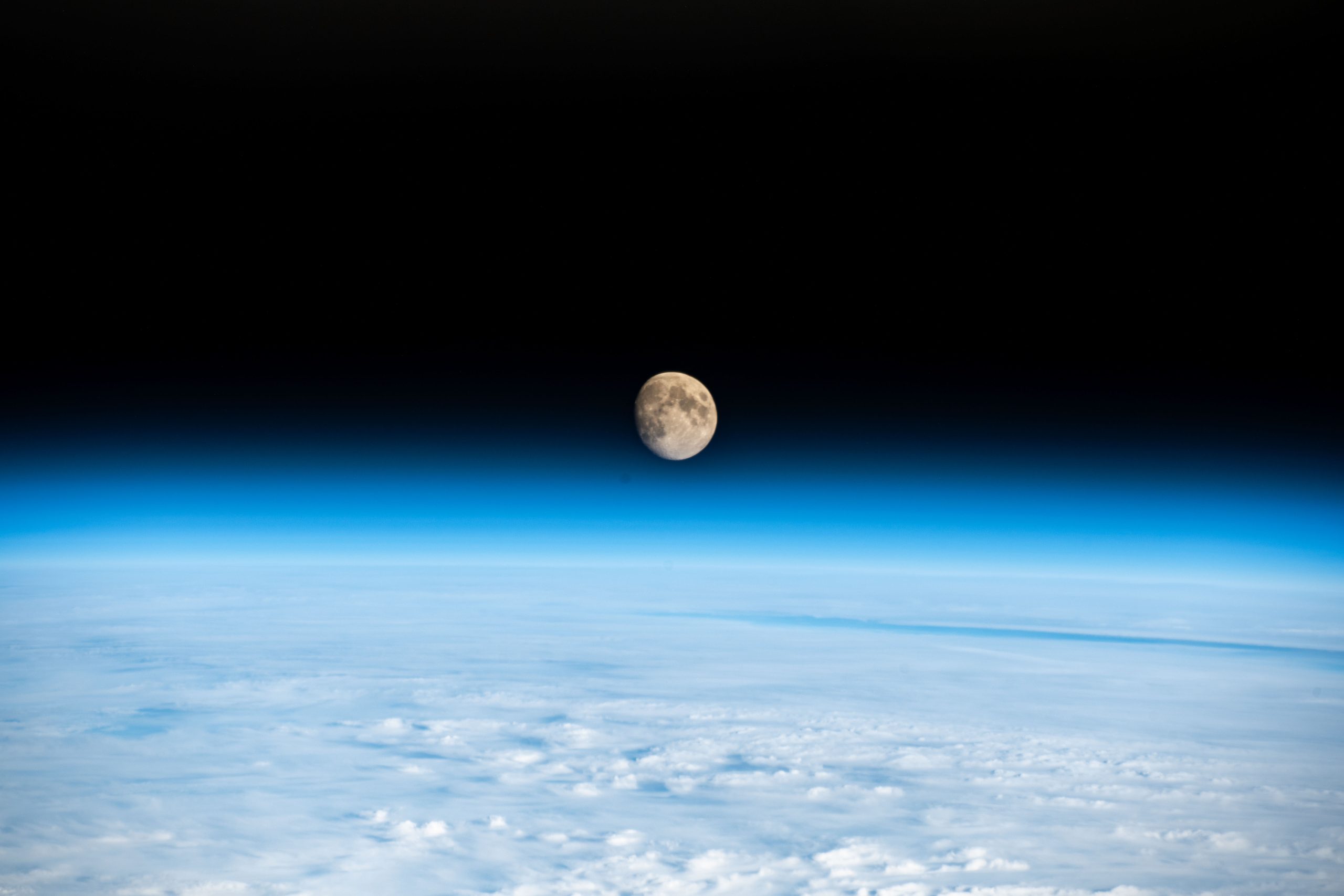 Publicado el: 29/01/2026Will Earth have two moons until 2083? The idea behind object 2025 PN7
Publicado el: 29/01/2026Will Earth have two moons until 2083? The idea behind object 2025 PN7 -
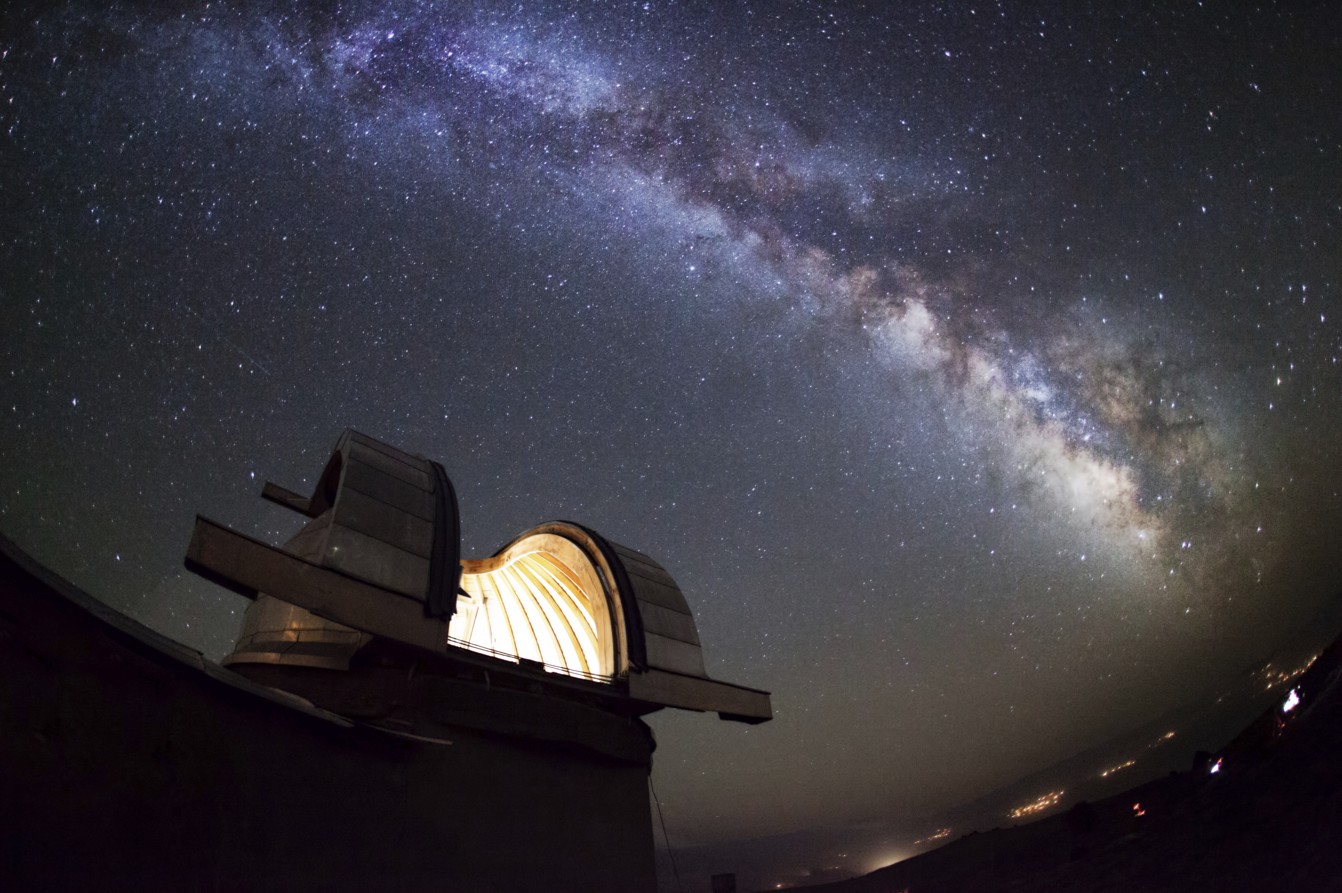 Publicado el: 27/01/2026Public domain report highlights technologies born from astronomy
Publicado el: 27/01/2026Public domain report highlights technologies born from astronomy -
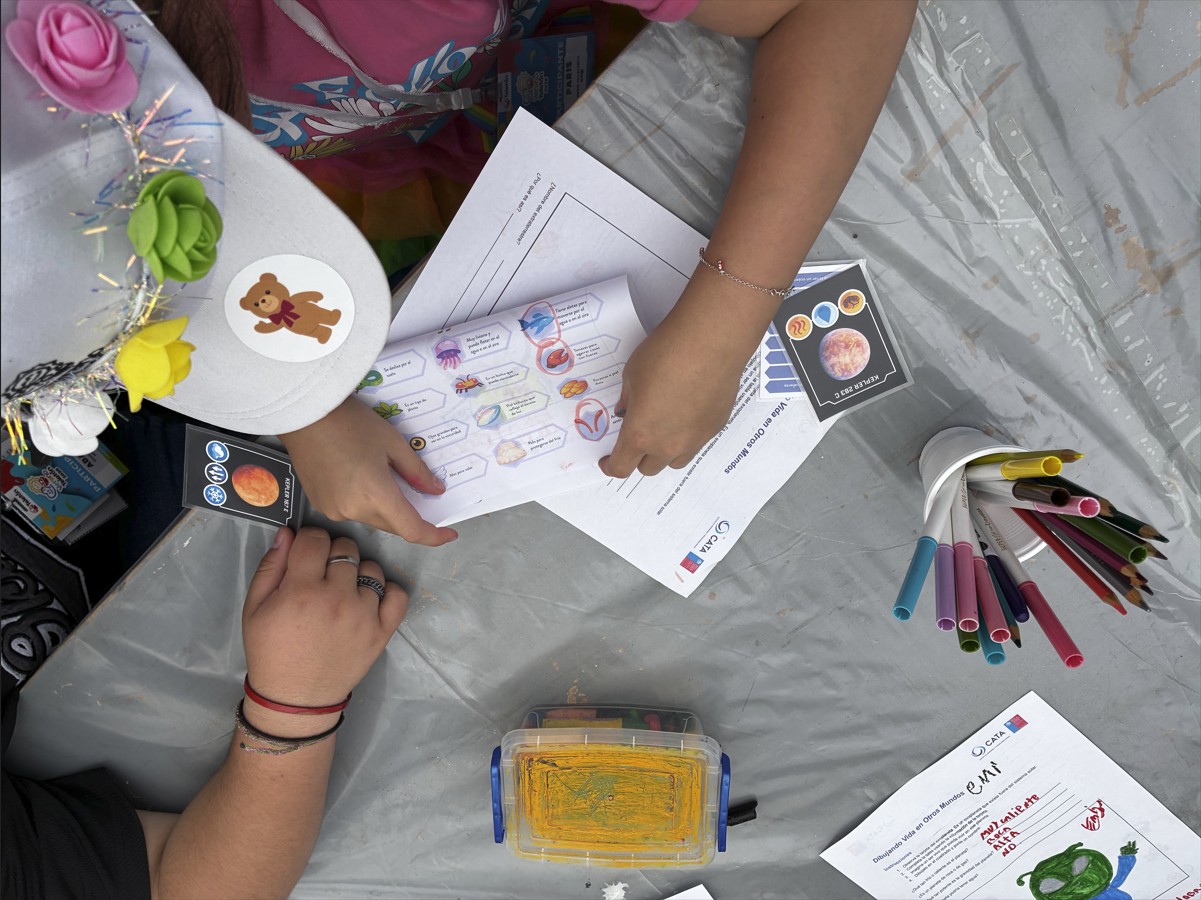 Publicado el: 20/01/2026Teletón patients were introduced to astronomy through CATA workshops
Publicado el: 20/01/2026Teletón patients were introduced to astronomy through CATA workshops -
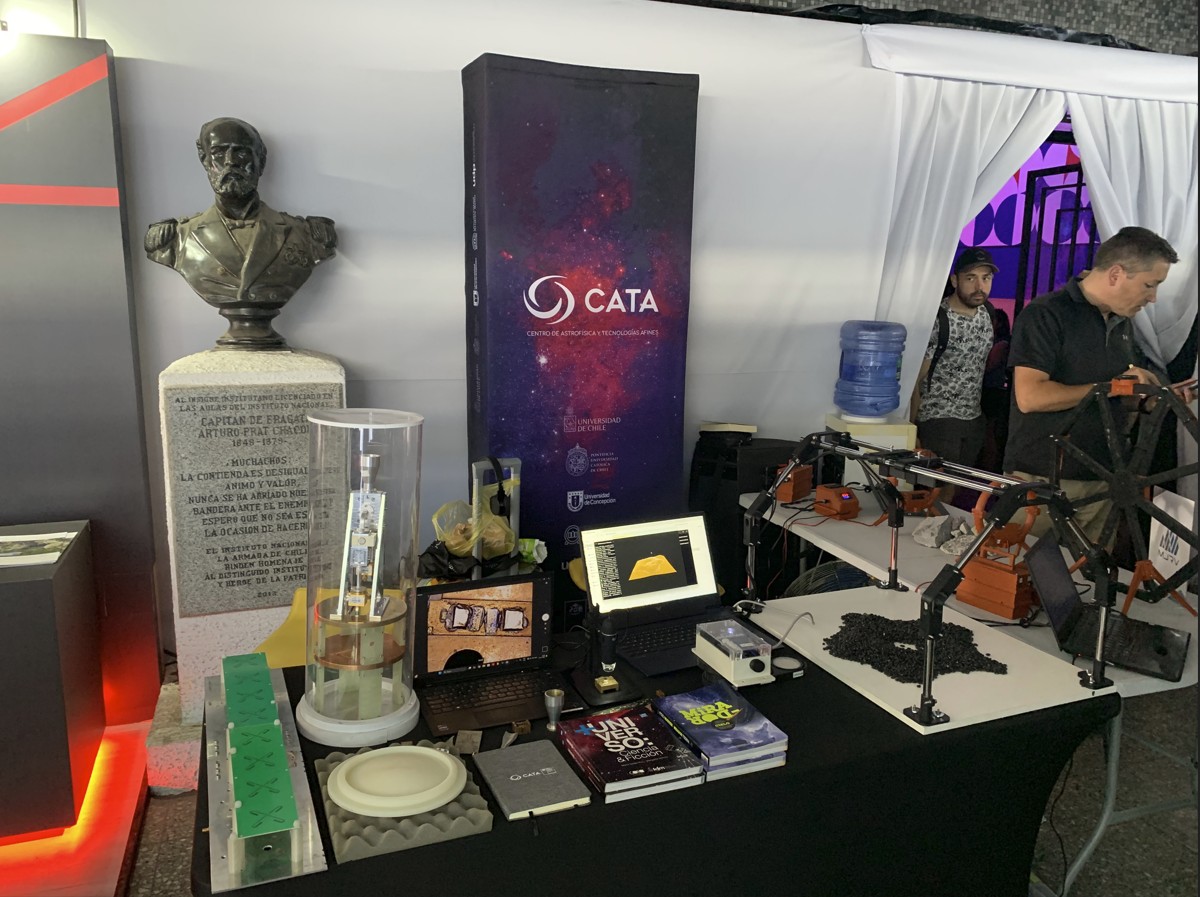 Publicado el: 19/01/2026Astronomical technology was part of Congreso Futuro 2026
Publicado el: 19/01/2026Astronomical technology was part of Congreso Futuro 2026
Categories list
- Acknowledgments 22
- Astrobiology 8
- AstroCluster 1
- Black holes 19
- Corporativo 62
- Cosmology 5
- Descubrimientos 25
- Disclosure 77
- Exoplanets 15
- Extension 6
- Galaxies 23
- Galaxies formation 7
- Inter y Transdisciplina 4
- Local Universe 17
- Publications 7
- Sin categorizar 36
- Solar System 23
- Stellar formation 8
- Technology 18
- Technology Transfer 20




